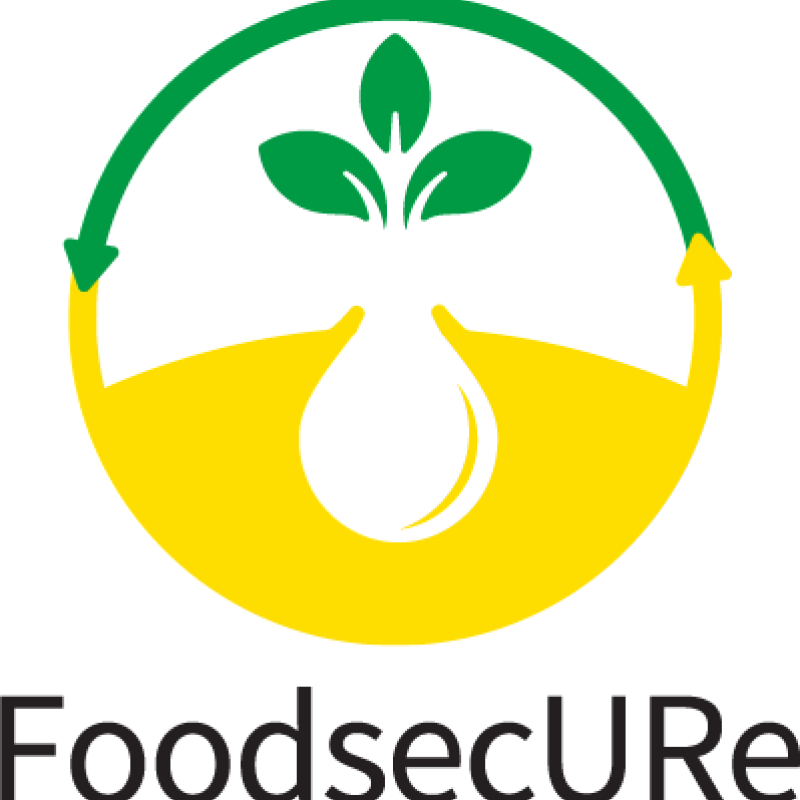Habtamu Alem
Research Scientist
Attachments
CVBiography
Alem holds Ph.D. and M.Sc. in Economics from the Norwegian University of Life Sciences (NMBU). He works as a research scientist at the Norwegian Institute of Bioeconomy Research (NIBIO) in the Department of Economics and Society. Alem was a researcher for the Ethiopian Institute of Agricultural Research and an executive officer for the Norwegian Institute of Agricultural Research. He is now the project coordinator for the SYSTEMIC project, which covers eight EU nations.
His research interest is food and nutrition security; Environmental and production economics; Climate change; Econometrics; impact assessment; circular economics; cost benefit analysis; consumer economics; Risk analysis; and topics related to development economics (developing and developed countries)
Authors
Habtamu AlemAbstract
No abstract has been registered
Abstract
The literature shows that organic farming has become the centre of policies aiming to achieve sustainable agriculture due to its environmental benefits, such as increased biodiversity, reduced greenhouse emissions, etc. However, there is a gap in the literature on the productivity effects of organic farming over and above the conventional method to understand whether widely converting conventional farms pays off. The current study estimated the productivity function using a semi-parametric smooth-coefficient (SPSC) approach based on unbalanced panel data set from Norwegian dairy and crop farms during 1991 to 2020. The results show that organic farming, compared to conventional farming, increase productivity for most of the dairy farms, while for crop farms the effect is mixed. This finding suggests that organic farming for many farms can yield a productivity higher than or equal to conventional farming. However, the results depend on the farm under consideration, and there exists a large degree of heterogeneity among the farms. Likewise, the technical change is heterogeneous, indicating that some farms underwent technical progress (regress) or a neutral change during the study period. Finally, the returns to scale (RTS) are at the mean about 0.89 and 1.05 for dairy and crop farms, respectively, implying that these farms operate at a decreasing (increasing) returns to scale and can improve their productivity by decreasing (increasing) the current scale of operation.
Abstract
No abstract has been registered
Authors
Hilde Margrethe Helgesen Grete H. M. Jørgensen Bjørn Egil Flø Habtamu Alem Divina Gracia P. Rodriguez Ellen Elverland Ragnhild BorchseniusAbstract
I en tid der mange melkebønder sliter tungt og jobber mye på bekostning av familie og helse, blir spørsmålet om det er mulig å drive bærekraftig melkeproduksjon stadig mer aktuelt.

Division of Food Production and Society
FoodsecURe: Food security through better sanitation: the case of urine recycling
Human urine contains essential plant nutrients. Hence, urine can serve as a “free” and locally available fertiliser. Successful, low-cost urine-diverting toilets (UDTs) that separately collect urine have been developed in Scandinavia and Europe and manufactured at large scale in Africa. A solution for stabilising urine into a solid fertiliser has also been developed. But why can't we recycle urine at scale? In Sweden UDTs are used in some cottages, and the Swedish University of Agricultural Science (SLU) has developed a method to stabilise and dry urine into a fertiliser product, urine-based fertiliser (UBF). FoodSecure aims to implement this technology at a medium scale in Ethiopia.

Division of Food Production and Society
Agricultural mitigation measures and the value of water quality improvements
Agriculture is one of the main sources of water pollution in Norway, and an important contributor to GHG emissions.
